
Israeli forces have advanced to within 20 kilometers of Damascus as they continue expanding their occupation in Syria. This comes alongside an intensive Israeli bombing campaign targeting key Syrian cities and military assets, escalating the already volatile situation.
On December 10, Israeli troops reportedly reached the city of Qatana in the southern Damascus countryside, according to reports from Al Mayadeen and Reuters. Despite the advance, Tel Aviv has denied crossing beyond the expanded UN-monitored buffer zone near Quneitra, which Israeli forces entered on December 8. This invasion followed the collapse of Bashar al-Assad's government and the subsequent storming of Damascus by extremist forces.
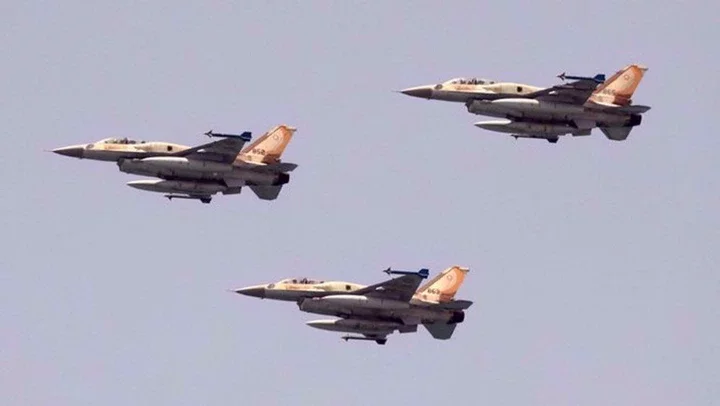
According to reports from Syrian Arab News Agency (SANA), Israeli jets launched destructive airstrikes early Tuesday, targeting Syrian military facilities in Aleppo, Damascus, and the coastal city of Latakia. According to Israeli Army Radio, the Israeli Navy also carried out a large-scale operation to destroy several Syrian naval ships in the Bayda and Latakia ports. The vessels were reportedly carrying dozens of naval missiles.
Since the fall of Damascus, over 250 Israeli airstrikes have been recorded, leaving devastation across Syria. The attacks have targeted military infrastructure and disrupted key supply lines, further destabilizing the fractured nation.
In the wake of Assad's ouster, violence and instability have gripped the country. On December 10, prominent Syrian chemist Dr. Hamdi Ismail was found murdered in his home, while multiple reports have emerged of executions targeting Syrian army soldiers.
The new leadership in Damascus, headed by Hay'at Tahrir al-Sham (HTS) commander Abu Mohammed al-Julani, has remained silent regarding the Israeli occupation of southern Syria and the ongoing airstrikes.
HTS, formerly affiliated with Al-Qaeda as the Nusra Front, has a controversial history, including allegations of war crimes such as public executions, kidnappings, and attacks on civilians. On December 9, HTS appointed Mohammad Bashir as the new Syrian prime minister. Bashir previously served as prime minister of the HTS-led Salvation Government, which controlled Idlib province until a recent Turkish-backed offensive.
The situation in Syria has become increasingly complex, with multiple actors vying for control and external powers deepening their involvement. Israel's aggressive operations and HTS's ascendance highlight the chaotic aftermath of Assad's fall, with far-reaching implications for regional stability.

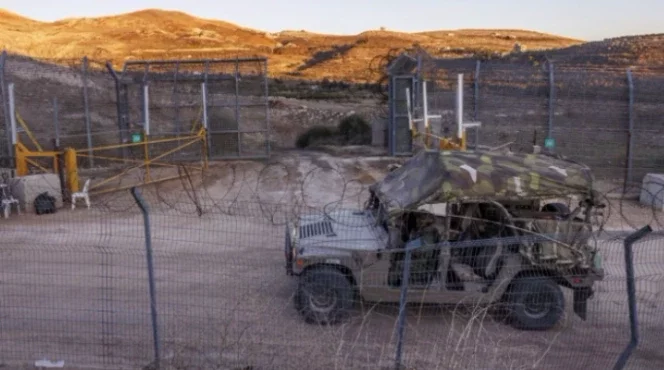
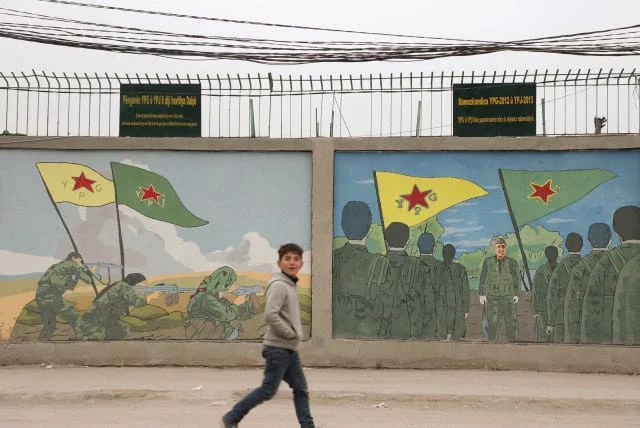
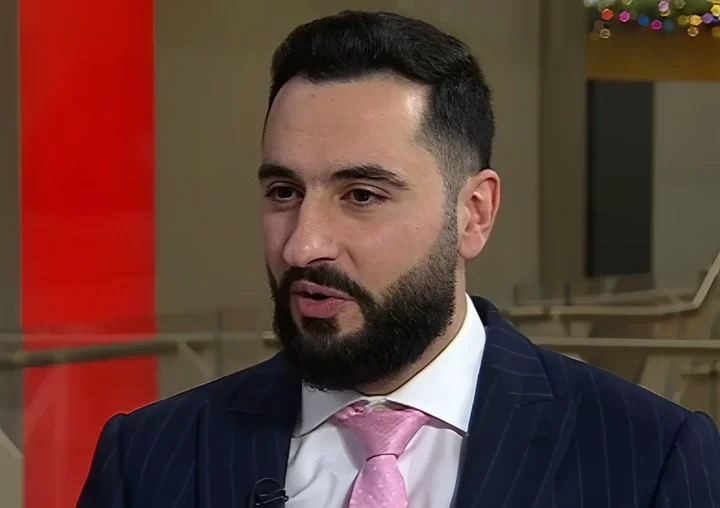


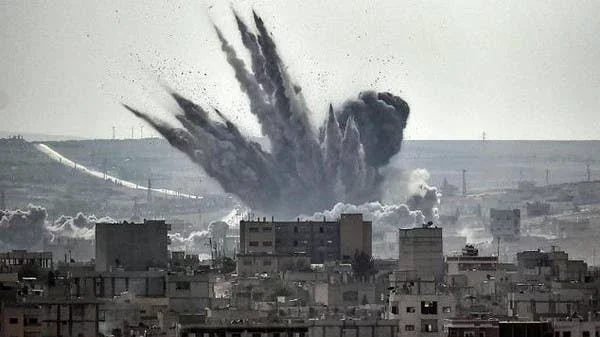

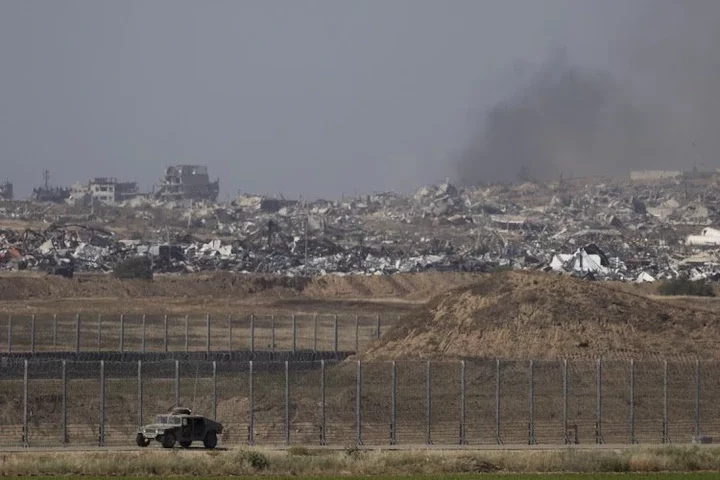








Comments